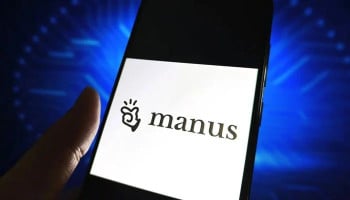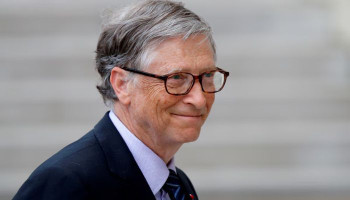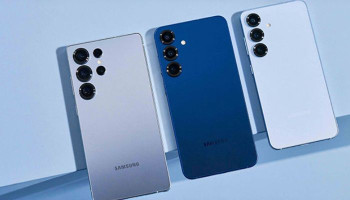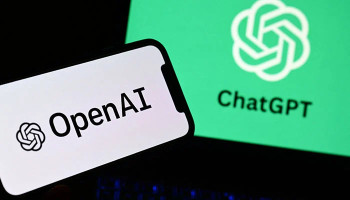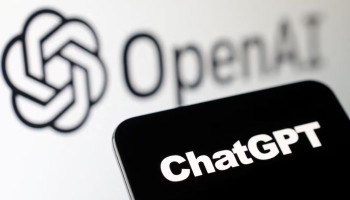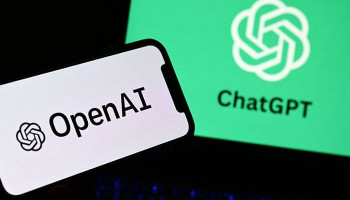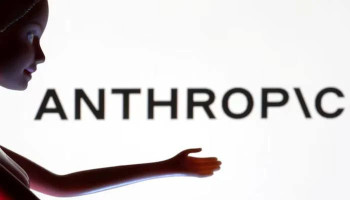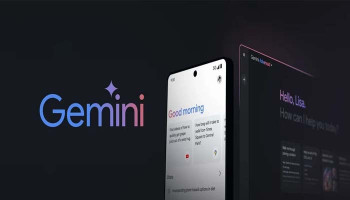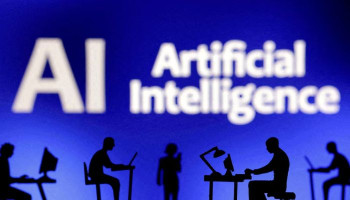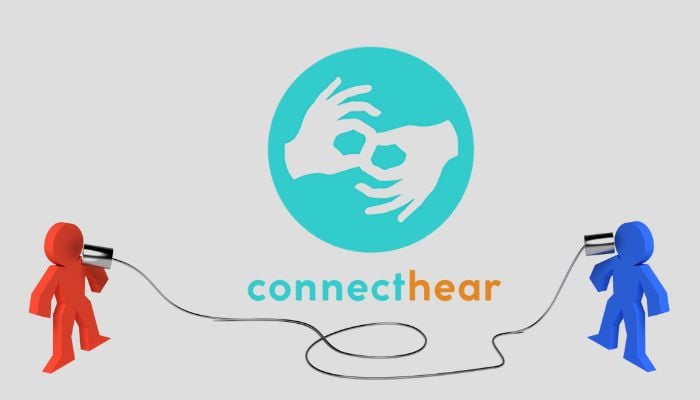
The ground trembles beneath Sameer’s feet as he walks through a rural market in a mobile dead zone. While those around him react swiftly to the chaos engulfing the village, Sameer, who has been deaf since birth, remains unaware of the impending disaster.
Moments later, his mobile phone vibrates with a notification displaying a sign language video warning of an earthquake and instructing him to seek shelter. This life-saving information is made possible by ConnectHear’s groundbreaking Early Warning AI (EWAI) technology.
This scenario highlights the critical gap that ConnectHear, a Pakistan-based organisation, has been striving to bridge since its inception in 2017.
Yesterday marked a significant milestone as the company unveiled two pioneering technologies aimed at revolutionising disaster preparedness for Pakistan’s deaf community, estimated to be around one million strong.
The most notable of ConnectHear’s latest innovations is the EWAI system, which builds upon its existing sign language recognition technology. This AI-powered feature automatically generates 15-second video alerts in sign language when humanitarian agencies issue disaster warnings, ensuring that vital information reaches deaf individuals without relying on hearing-based alert systems.
The second breakthrough is an enhanced virtual sign language interpretation platform designed to function effectively even in areas with poor connectivity. This feature addresses a critical need during disasters when telecommunications infrastructure is often compromised.
"ConnectHear is creating an ecosystem where children with hearing impairments can perform better academically and socially," said HANDS CEO Sheikh Tanveer Ahmed — who is also a member of ConnectHear’s expert panel.
He emphasised that undetected hearing impairments can hinder a child's development and noted that Pakistan’s high rate of intra-family marriages contributes to the prevalence of hearing disabilities, with approximately 65% of marriages occurring within families.
Telecom collaboration for greater inclusivity
This initiative is supported by Ufone 4G, one of Pakistan’s leading telecom providers. As part of the collaboration, Ufone has reduced the application's data requirements by an impressive 70%, enabling it to function in mobile dead zones and areas with low connectivity.
Ufone is also committed to zero-rating telecommunications in disaster-affected areas, allowing users to access the ConnectHear app without incurring data costs in emergencies.
"Telecom infrastructure plays a vital role during disasters, enabling people to communicate and call for rescue. ConnectHear’s initiative complements our efforts to maintain essential communication channels when they are most needed," explained Ufone 4G Senior Manager of PR and Social Impact Mubashir Fida.
Beyond disaster response, ConnectHear has trained over 5,000 individuals in Pakistan Sign Language, produced more than 2,000 infotainment videos in sign language, and currently serves over 35,000 users across the country. The company is also developing a Duolingo-style feature to help hearing individuals learn sign language—another step toward greater inclusivity.
ConnectHear CEO Azma Dhanjee, who was raised by deaf parents, said: "People often perceive ConnectHear as a health or medical initiative, but it is more of a society-serving endeavour."
She reiterated that the organisation aims to enable the deaf community to participate fully in society.
The initiative will initially benefit 1,000 individuals, with plans to scale through partnerships with additional organisations. Experts at the launch event underscored that ConnectHear is strengthening disaster preparedness for one of Pakistan’s most vulnerable communities by combining AI innovation with a reliable platform.
Sheikh Tanveer Ahmed further highlighted the underrepresentation of marginalised communities, including persons with disabilities (PWDs), in Pakistan. He pointed out how these groups are often overlooked, even in symbolic representations, such as the absence of sign language in Pakistan’s national anthem.
These technological advancements by ConnectHear intersect with the growing threats posed by climate change, which makes rural and remote areas more vulnerable to natural disasters.
By leveraging AI-driven innovation, ConnectHear is bridging a long-standing communication gap in Pakistan, ensuring that deaf individuals are never left uninformed in times of crisis and that life-saving information remains accessible to all, regardless of ability.





